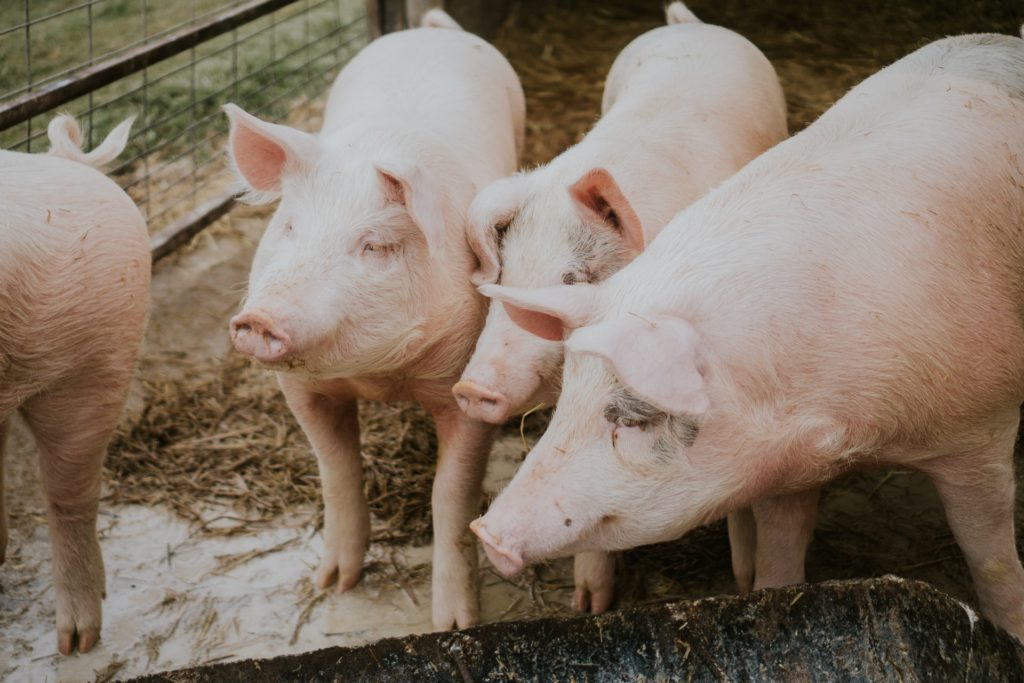Fourteen of the 30 countries and territories that had temporarily restricted the export of Belgian pork following the discovery of African swine fever (ASF) in the country back in September 2018 have since lifted that embargo.
The news comes from the Federal Agency for the Safety of the Food Chain (FASFC), which announced on Wednesday that Japan was the 14th country to lift the embargo.
“With the outbreak of African swine fever in our country, difficult times also began for our pig farmers. Now that our country is free from African swine fever (and our country officially obtained this status a few months ago), more and more international markets are opening up again for our pork,” said David Clarinval, Belgium’s Federal Minister of Agriculture.
“This does not always go smoothly. I would therefore like to thank the FASFC and all other parties involved. Thanks to their good work, our quality pork can once again be found on the international markets.”
Other countries to have lifted embargoes include South Korea, South Africa, Singapore, Belarus, Mexico, Uruguay, Ukraine, Russia, New Caledonia, Montenegro, Bosnia-Herzegovina, Thailand and Nicaragua.
The reopening of those markets there is of import, but the majority of meat from Belgium - 80 to 90 percent of it - stays within European borders.
Only around 100,000 tonnes of pork is exported to third countries, meaning countries outside of the EU.
“The core of the market remains Belgium and our surrounding countries,” Joris Coenen of the Belgian Meat Office (BMO) explained to the Flemish infocentre for agriculture and horticulture (VILT).
Belgium was officially declared disease-free by the World Organisation for Animal Health (OIE) on 21 December 2020, after which the FASFC started negotiations with the countries and territories that had restricted the export of Belgian pork.
Some countries began reopening their markets this summer, including South Korea, which was a priority country for producers.
Vietnam, Malaysia and the Philippines had also already lifted the export ban.
Japan’s lifting of the embargo, however, is seen as more crucial, despite the fact that they only imported about 600 tonnes of Belgian meat prior to the embargo.
“That is not a large quantity compared to what some other countries are taking, and I don't immediately expect Japan to suddenly import large volumes from our country,” said Coenen.
“But because of its strict sanitary regulations, Japan is considered a model in the region. So the reopening of that market is an important signal to third countries that have not yet taken this step.”
Negotiations for the reopening of markets are still underway in more countries, including Australia, Taiwan and China.
“Talks with Australia and Taiwan are going well,” Coenen told VILT. “It takes time, of course, but we are on speaking terms.”
“With China, on the other hand, things are much more difficult. We can only guess at the exact reasons, but diplomatic relations with Europe are not optimal at the moment. It is not inconceivable that these tensions will make things more difficult.”
Outside of Europe, the biggest buyers of Belgian pork are China, South Korea and the Philippines.
“The sense or nonsense of exporting to faraway countries such as China is often debated, however, the few percentages that we sell there are extremely important for the commercialisation of pigs,” said Coenen.

